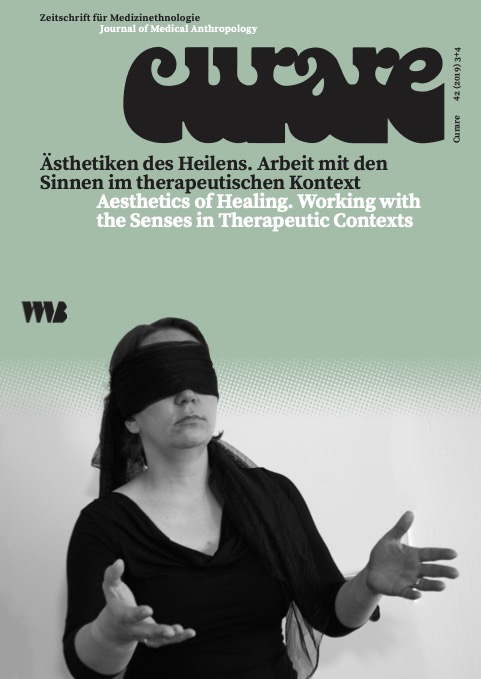To the Bitter End
Affect, Experience, and Chemical Ecology
DOI:
https://doi.org/10.60837/curare.v42i3-4.1611Schlagworte:
bitterness, medicine, taste, affect, experienceAbstract
This article explores taste in its chemical, gustemological and affective senses, asking what we speak of when we talk about “bitter experience.” Drawing lines of connection between human affect and chemical ecology, it suggests a way of thinking about taste as a chemical entanglement of affective qualities and ecological relations. Two observations underpin the argument. First, the ambiguous resonance of bitter-tasting compounds in human culture is grounded in their ambiguous medical meaning, the same drug may serve as poison or cure. Second, plants interact with many other life-forms by producing chemical compounds, many of which are bitter tasting, that have effects on the metabolisms of the organisms around them. These secondary metabolites have become entangled in human physiology and culture. The use of bitter-tasting plants in food and medicine requires specialised technical knowledge for identification, processing and dosing, a necessity that expresses itself in various yet comparable cultural responses to bitterness. A number of cultural traditions hold strong associations between embitterment, wisdom, healing, and remembrance. In these similar responses to bitterness, the article suggests that there is an ecological and affective resonance that might be located in the idea of bitter experience.
Downloads
Veröffentlicht
Ausgabe
Rubrik
Lizenz
Copyright (c) 2024 Curare. Zeitschrift für Medizinethnologie

Dieses Werk steht unter der Lizenz Creative Commons Namensnennung - Weitergabe unter gleichen Bedingungen 4.0 International.

